Since its commencement in 2020, Queensland’s Human Rights Act has played a pivotal role in safeguarding the rights of marginalized groups. Basic Rights Queensland’s work with people facing disability discrimination and employment-related issues underscores the Act’s significance. We have utilized the Act to advocate for clients, ensuring public entities uphold their obligations and reconsider actions that might infringe on human rights.
The Queensland Government has appointed Professor Susan Harris Rimmer to conduct an independent review, to assess how well the Act has been implemented and how it is building a culture of human rights across the Queensland public sector.
Our submission to the Independent Review demonstrate the Act’s real world impact, but also reveal areas where protections fall short.
Real-World Impacts
- Anthony’s Story: Anthony, an NDIS participant, faced unfair charges from a strata management group due to the width of his wheelchair causing minor property damage. BRQ intervened, leveraging the Human Rights Act to argue that the accommodation provider should take responsibility. This intervention led to the provider covering the costs and ensuring future accommodations for Anthony’s needs.
- Patricia’s Battle: Patricia, another NDIS participant, faced eviction threats from her accommodation and service providers. Despite both entities claiming no infringement on her rights, BRQ’s advocacy under the Human Rights Act led to a resolution at conciliation, allowing Patricia to remain in her home.
Strengthening the Human Rights Act
Our submission identifies areas where the Act could be strengthened:
- Standalone Human Rights Complaints: The current Act does not permit standalone human rights complaints, forcing individuals to “piggyback” their complaints onto other legal actions. This limitation undermines the Act’s effectiveness. We recommend amending the Act to include a standalone cause of action with a full range of remedies, including financial compensation.
- Funding for Legal Support: Many clients face significant barriers in pursuing human rights complaints without legal representation. We echo the Queensland Human Rights Commission’s (QHRC) call for increased and stable funding for community legal centres to address this imbalance and enhance access to justice.
- Complaint Mechanism Improvements: The requirement for individuals to first lodge a complaint with the public entity and wait 45 business days is a deterrent. We propose reducing this period to 28 days and providing clearer guidance on what constitutes “exceptional circumstances” for expedited complaints.
- Extended Time Limits: The current one-year time limit for lodging complaints often poses challenges for individuals dealing with other significant life issues. Extending this period to two years would offer complainants more time to seek advice and representation.
Despite the Act’s promise, inconsistent engagement from public entities and the absence of a robust legal framework for enforcement have hindered its full potential. By introducing an independent cause of action and ensuring a full spectrum of remedies, Queensland can foster a stronger human rights culture. Additionally, shifting initial jurisdiction for human rights complaints to the more accessible Queensland Civil and Administrative Tribunal (QCAT) would reduce barriers and enhance the Act’s reach.
The review of Queensland’s Human Rights Act is a critical opportunity to reinforce and expand the protection of human rights in the state. By addressing the identified challenges and implementing our recommendations, the Act can better reflect the values and aspirations of the Queensland community, ensuring that the rights of all individuals, particularly the most vulnerable, are upheld and respected. BRQ remains committed to advocating for these necessary changes to strengthen the effectiveness of the Human Rights Act.

